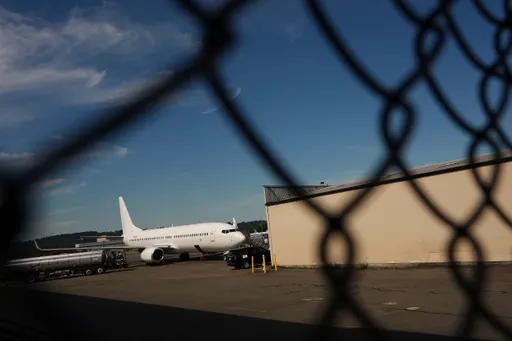By Sylvia Chebet
“Whether ‘tis nobler in the mind to suffer
The slings and arrows of outrageous fortune,
Or to take arms against a sea of troubles
And by opposing end them
— Hamlet
Lusaka resident Astridah Nkalamu had just welcomed her second child at the turn of the millennium. Chota Kunda was a bundle of joy, as all newborns are, and the first three months were blissful for mother and child. Then, out of the blue, he caught meningitis. The bonny boy fought off the dreaded infection but lost his hearing.
Their lives were never the same again.
"Having a child with a disability is an experience you wouldn't want to go through, but you can't run away from it either," Astridah tells TRT Afrika.
Life's a struggle
The distraught mother soldiered on for a couple of years, but her little one still couldn't walk or even sit on his own. Trips to Chingwele Clinic, now Matero Hospital, became routine. But instead of wearing out Astridah mentally and physically, these visits led to the birth of an idea that has kept her going for 23 years.
"I was part of a group of parents who used to take our children for physiotherapy," she reminisces.
The question that bothered them all was: "What's the way ahead as mothers of children with mental or physical disabilities?"
The list of their kids' needs was exhaustive: medication, special diet and assistive devices being the most pressing.
Birth of a mission
In 2001, the band of parents embarked on a collective journey towards financial independence. "We thought, instead of taking high-interest loans from banks against collateral, why don’t we open our own village bank?" recounts Astrida.
It was an outrageous yet liberating idea for the mothers, most of them battling deep emotional and psychological wounds –- some were divorced and perennially short of funds.
"A family with a special child has to battle discrimination," Astridah tells TRT Afrika. "Stigma often springs from within your own family."
This painful reality hit home when dealing with her husband, who needed to be sensitised at workshops. "That's when I saw him accepting the reality," she says.
Blow and fightback
A gradual improvement in Chota's condition eased Astrida's troubles. At four, he finally began to walk. Life was starting to smile when fate's sledgehammer dealt another blow: Astridah's husband suddenly passed away when she was pregnant with their fourth child. For her, it was back to the proverbial square one.
Without the village "savings and banking group", Astridah, then the sole breadwinner, wouldn't have been able to provide for her family.
Now, she proudly looks back at how she stayed afloat, extended her house into a three-bedroom one, and gave her four children a proper education.
Her eldest child studied journalism. Chota, despite being deaf, is training to be a mathematics and sign-language teacher. The third is pursuing a degree in transport and logistics, and the youngest is in Grade 8.
Blow and fightback
Astridah borrows money from two village banking groups she is part of. "I repay a loan and then borrow again," she says, explaining the cycle that has helped her get a grip on life.
Multiplier model
Visit Zambia and you will find many Astridahs fighting on and prospering, thanks to these local savings and village banking groups spread across five provinces, sometimes with the government's help.
The success of the idea, Astridah says, lies in making community money multiply through investments and entrepreneurial projects.
Each group frames its constitution that stipulates minimum and maximum amounts of contributions expected from members besides the terms and conditions of borrowing and penalties in the event of default.
"When you borrow from the group, you repay the loan with interest. The community corpus naturally grows," Astridah explains.
Each such group comprises 15 to 30 people. Apart from loans, for every cycle, members set themselves a target to save, "say, US $100 a month."
This money is then pooled to build a reserve that the members can dip into. Besides giving their children the best possible medical care, many mothers have bought land, and others have set up businesses.
The interest accrued from the loans, along with the principal, is shared at the end of a cycle. "So, the more you borrow, the more money you make," says Astridah.
The members penalise each other five kwacha (Zambian currency) for being late for a meeting and another five if someone's phone rings during one.
The strictness code instils discipline and adds to the community kitty, resulting in a handsome share for each at the end of every cycle. "In December, I expect to get 30,000 kwacha (USD 1,362)," Astridah tells TRT Afrika.
At 51, she is the Director of the Zambian Association of Parents of Children with Disabilities. This, the culmination of a journey that has not only made her self-reliant and stronger but also helped thousands of other Zambian mothers turn the wheel of fortune by taking "arms against a sea of troubles".











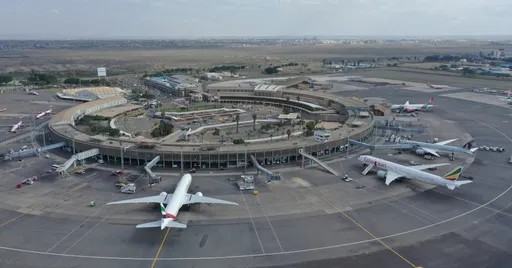
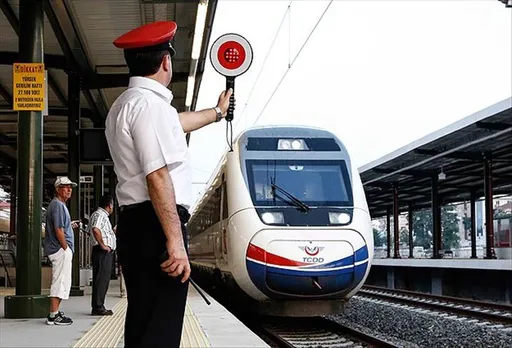

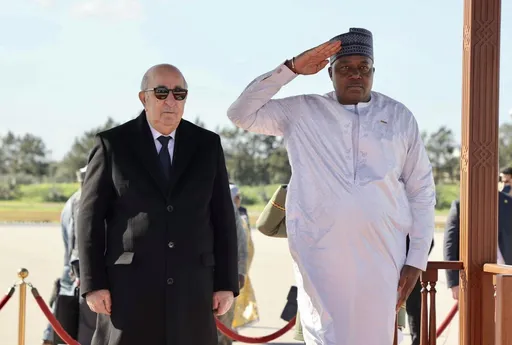
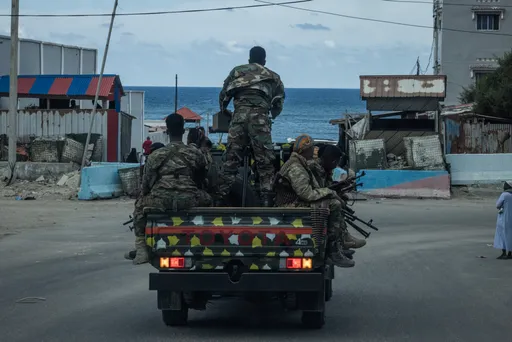

.JPG?width=512&format=webp&quality=80)





